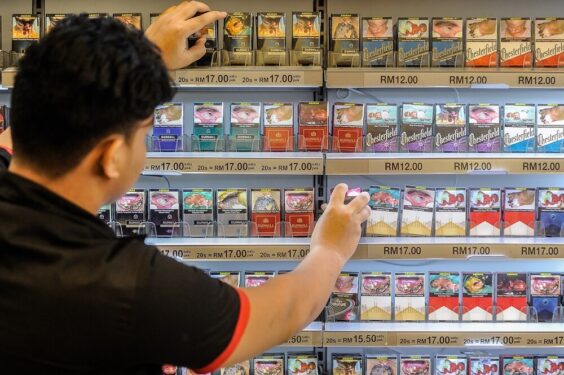MALAYSIA has been grappling with a high food import bill, about RM50 bil in 2019. In order to become a fully self-sufficient nation and reduce the country’s import bill, the government has been actively encouraging youths to take up agriculture and agro-food as professions with grants and loans offered to them.
One such grants is the TEKUN financing scheme which helps to provide a loan fund or programme to aid youths who get involved in farming and agro-based industries.
The small loan scheme provides up to RM 50, 000 while the medium loan scheme offers up to RM100, 000.
However, the call has been getting lukewarm response, as agriculture is often considered as dirty, difficult and dangerous.
Focus Malaysia in a Feb 15, 2014 article titled “plantation sector short of specialists” highlighted that there was a shortage of agricultural specialists in the plantation sector and it could lead to the stagnation of the national economy..
Akademi Sains Malaysia (ASM) then president Dr Ahmad Tajuddin Ali said the shortage was in the area of soil science, pesticides and insects.
He attributed the expertise shortage to lack of interest among youngsters to pick up agricultural courses as a choice and the conversion of the country’s only agricultural university (Universiti Putra Malaysia) into a general university.
Tajuddin noted a lack of scientists-in-training for the plantation sector may lead to a shortage of food for the nation.
“A lot of the science that we need – the basic sciences – is in these basic areas. Because one of the sectors that will affect our economy is food. If we cannot produce, we have to import. Importing costs us money. Apart from the issues of food security and even national security, what if people won’t sell to us in the future? We will starve,” Tajuddin said.
A Focus Malaysia check found, to date there are at least eight universities offering a range of agricultural science courses in Malaysia, other that Universiti Putra Malaysia.
Why then does the question of lack of advancement in agricultural sector persists?
The Star in June this year quoted Khazanah Research Institute senior research associate Dr Sarena Che Omar, as saying that while Malaysia ranked 28 out of 113 countries in the Global Food Security Index, it’s also among the lowest in expenditure for agricultural research and development (R&D).
“It takes at least 10 to 15 years for research to be done on breeding, disease control, good practices, and we need to do all of this now in order to reap the benefits 10 years from now so that our farming can be more productive and that our farming can be done in a safer environment,” she said.
According to the report, experts also believed that increased R&D funding would attract more young farmers to the agriculture industry, by modernising it and making it more user-friendly.
The same article also quoted Malaysian Biotechnology Information Centre executive director Dr. Mahaletchumy Arujana as saying if our agriculture was modernised to enable farmers to work using smartphones and computers, the transformation could get young people into farming. (as agriculture will no longer be considered dirty and difficult).
In connection to this, btimesonline.com in December last year, quoted former finance minister Daim Zainuddin as saying that modernisation of agriculture would play a key role in helping to reduce increasing food costs while also improving the living standards of Malaysian consumers.
He remarked adopting automation would lead agriculture to be less labour intensive, which means fewer farm workers will be forced to take on jobs that could put their lives at risk.
Daim had also encouraged the previous government under former prime minister Mahathir Mohamad to establish a government unit that will address the issues presented in the agricultural sector’s lack of advancement.
He had pointed out that by setting up a specialised government agency that would manage automation and technology in Malaysia’s agriculture sector, it would help empower farmers and workers who want to reach higher standards of living.
In a nutshell, while agriculture may not be and attractive option for students of higher learning to pursue, implementing modern technology for higher yield may help solve the sector’s woes. – Sept 29,2020










